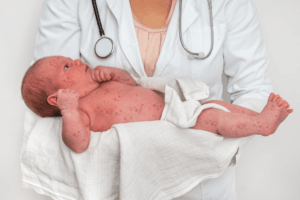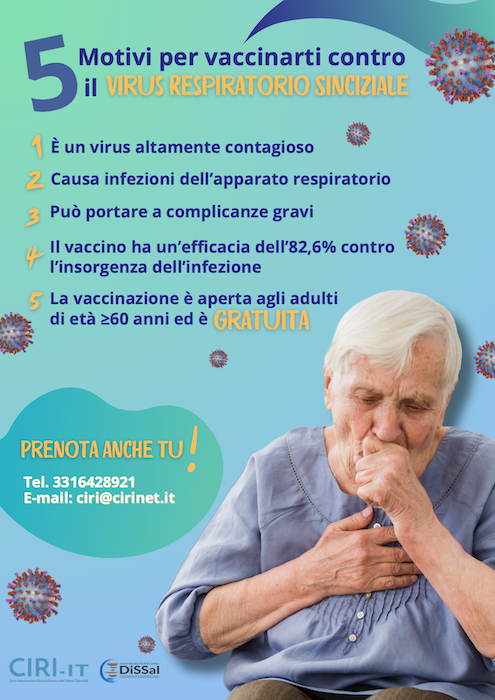Respiratory syncytial virus (RSV) is a name that many associate with acute respiratory infections in children. However, in recent years, the scientific community has also focused attention on the risks this virus poses to the elderly population.
In Italy, as in the rest of the world, RSV represents a growing threat to people over 60, with potentially severe consequences, especially for those suffering from chronic diseases.
A recent study conducted in Liguria helped outline the profile of the first elderly Italians who received the new adjuvanted RSV vaccine, providing valuable insights for future vaccination campaigns.
The study, published in the journal Medicina, involved 453 individuals with an average age of around 75 years. One striking finding is that nearly 90% of participants had at least one chronic condition, such as cardiovascular, respiratory diseases, or diabetes. This reflects a well-known public health pattern: people with comorbidities are more likely to receive vaccinations against respiratory infections, as they are more aware of the risks associated with complications.
But what motivated these older adults to voluntarily seek out the RSV vaccine? The answer, perhaps predictable but nonetheless significant, is: their general practitioner’s advice. About 44% of respondents indicated that their doctor’s recommendation was the main reason. It is worth noting how the physician’s endorsement continues to play a crucial role, once again highlighting the central importance of healthcare professionals in health promotion.
Another key finding concerns trust in vaccination. Study participants showed a very high level of trust in vaccines overall, with an average score of 91%, measured using a standardized questionnaire (VTI – Vaccination Trust Indicator).
This trust was also reflected in their high adherence to other seasonal vaccinations: over 90% had received the influenza vaccine, and nearly all had completed their COVID-19 vaccination course.
Equally relevant is the attitude toward co-administration of the RSV and influenza vaccines. The vast majority of respondents were in favor, recognizing the benefits of receiving both vaccines at the same appointment: fewer trips, less time lost, and faster protection. And science supports this: clinical studies have shown that co-administration is safe and does not reduce vaccine effectiveness.
The picture that emerges from this survey is clear: the first Italians vaccinated against RSV are informed individuals, with a high perception of risk and strong trust in vaccines. However, not everyone in the population shares these characteristics. It is therefore essential to plan targeted information campaigns to raise awareness of the risk and the value of vaccination.
In conclusion, the debut of the RSV vaccine in Italy offers an important opportunity to improve the protection of older adults against one of the leading causes of severe respiratory infections.
The study conducted in Liguria represents a crucial first step in understanding how to proceed and how to reach those who are still hesitant or poorly informed. It will now be up to health institutions to turn this data into concrete actions, building a future where RSV represents an increasingly manageable risk.
The full study is available at the following link:






